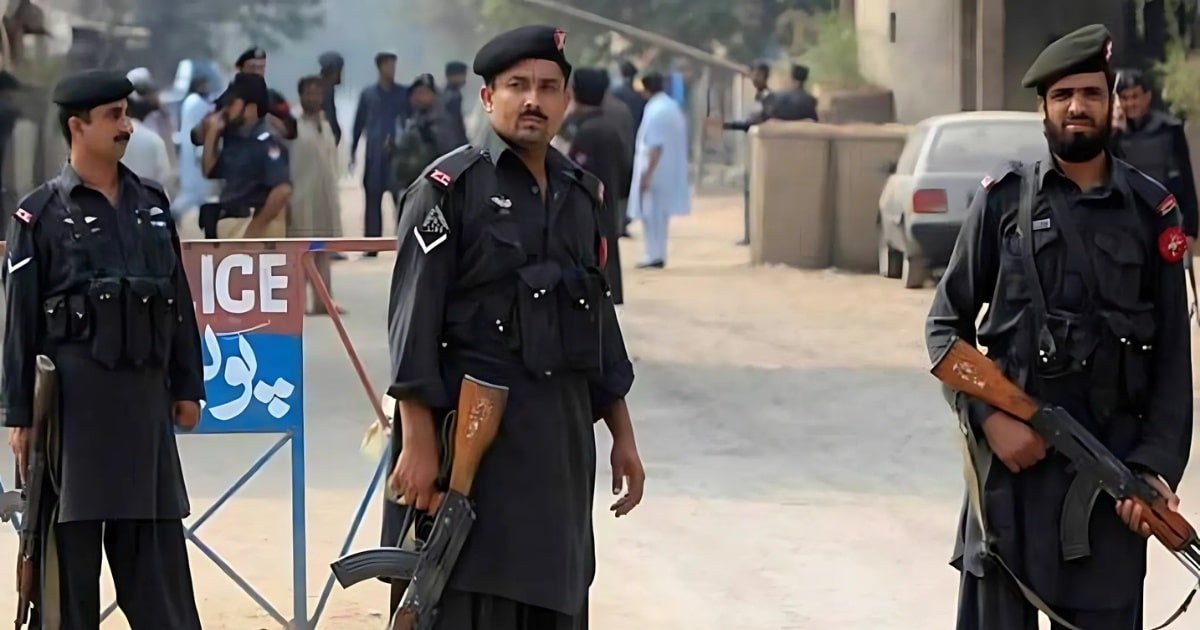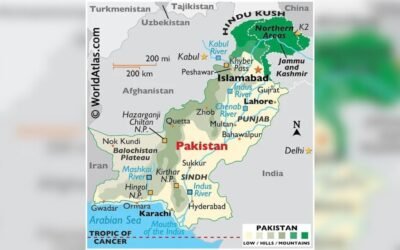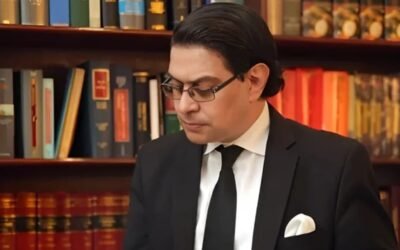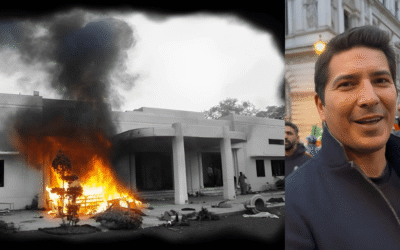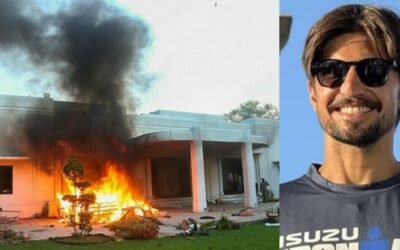Across the world, trust in democratic institutions is slipping. In the United States, a 2024 Pew Research survey found that only 16% of Americans trust the federal government to do what is right “most of the time.” In Europe, Gallup polling shows confidence in parliaments has fallen in over half of EU countries since 2015. Similar patterns appear in Asia, Africa, and Latin America.
This decline matters. Democracies depend on more than elections. They rely on a continuous bond between institutions and the people they serve. When that bond weakens, voter turnout drops, polarization deepens, and governance becomes harder.
Why Trust is Eroding
Experts point to a mix of factors. Political polarization creates gridlock and discourages compromise. Digital media amplifies misinformation and fuels public cynicism. Corruption scandals, slow service delivery, and unfulfilled promises erode faith in government capacity.
“The crisis of trust is not about a single institution failing,” says Dr. Pippa Norris, a Harvard political scientist. “It is about a perception that the system as a whole no longer works for ordinary citizens.”
Young people are especially skeptical. A 2023 study from the University of Cambridge found that global millennials and Gen Z are less likely to see democracy as essential compared to older generations.
A Case from Pakistan: The Khyber Pakhtunkhwa Example
Pakistan faces the same challenge. In Khyber Pakhtunkhwa (KP), a province in the country’s northwest, decentralization was introduced to bring governance closer to citizens. The idea was simple: local councils could make faster decisions, address local needs, and rebuild trust between communities and the state.
But KP’s security environment complicated the plan. Militancy, under the umbrella of Fitna al-Khwarij (FAK), and political instability disrupted the promise of local democracy. In some districts, fear prevented citizens from attending public forums or contesting elections.
271st CCC held under the chair of Field Marshal Asim Munir. Internal and external security dynamics have been reviewed especially Middle East. Balochistan and KP security situation was also on table. pic.twitter.com/8NnLIIPw2I
— Ikram Raja (@ikramraja_92) July 10, 2025
Five Key Challenges in KP’s Local Governance
- Security Instability – Militancy and terrorism create fear, keeping people away from local meetings and disrupting public services.
- Administrative Difficulties – The volatile security situation strains local officials, making it hard to plan and deliver development projects.
- Resource Constraints – Security costs take priority over education, healthcare, and infrastructure.
- Public Trust Deficit – Many residents doubt that local leaders can protect them or act independently from armed groups.
- Political Instability – Changes in provincial leadership and the influence of non-state actors interrupt continuity in governance.
#TTP commander Kazim—who carries a Rs100 million bounty placed by KP government— and influencer Muzammil Zaland (alias Khalid Laseri) appear in Umar Media’s video showing an attack on a security convoy in #Zargari, #Hangu District. pic.twitter.com/1IoYJ63igH
— SAMRIBackup (@SamriBackup) August 5, 2025
Despite these hurdles, decentralization in KP still holds promise. In some areas, local councils have improved waste collection, repaired roads, and started community education projects. Citizens who see results tend to participate more.
What Works in Restoring Trust
International examples show that rebuilding public trust is possible, but it requires more than reforms on paper.
- Transparency and Accountability – Estonia’s e-governance system lets citizens track government spending and service delivery in real time. This has boosted trust, especially among younger voters.
- Community Engagement – In Porto Alegre, Brazil, participatory budgeting allows residents to decide how public funds are spent. Over two decades, it has increased satisfaction with local government.
- Security and Stability – In post-conflict Sierra Leone, combining local councils with community security initiatives rebuilt trust after years of civil war.
In KP, these lessons mean pairing decentralization with visible improvements in security, clear anti-corruption measures, and active citizen involvement.
You May Like To Read: Beyond the Ballot: Can Citizens Shape Policy in the Digital Age?
Expert Voices
“Trust builds when people can see and feel the results of governance in their daily lives,” says Ali Khan, a governance researcher in Peshawar. “That means safe streets, working schools, and fair distribution of resources.”
Former election commissioner Fauzia Viqar adds: “You cannot ask people to trust institutions if those institutions are absent in their lives. Proximity is not enough; performance matters.”
Policy Recommendations
- Integrate Security and Governance: Security agencies and local councils should coordinate on development priorities, ensuring that safety and services progress together.
- Digital Transparency : Introduce an online public spending tracker for KP to show exactly where funds go.
- Youth Involvement : Create youth advisory councils to involve younger generations in decision-making.
- Capacity Building: Provide local officials with training in project management, budgeting, and conflict resolution.
- Regular Feedback Loops : Hold quarterly town halls where citizens can directly question local officials.
You May Like To Read: Indus Waters Treaty: Quick Reference
Why This Matters Beyond KP
The story of Khyber Pakhtunkhwa is not just about one province. It reflects a global truth: trust in democracy grows when governance is close, transparent, and accountable, but it withers when insecurity, poor service delivery, and political instability dominate.
Whether in Pakistan, the United States, or Europe, rebuilding trust requires tangible results. People must see that democratic systems can solve problems, protect rights, and respond to crises.
Public trust in democracy is fragile, but it is not beyond repair. Khyber Pakhtunkhwa’s mixed experience with decentralization shows that even in difficult security conditions, progress is possible if policies are paired with stability, transparency, and real citizen engagement.
Democracy’s strength lies not in its structures, but in the relationship between those who govern and those who are governed. Rebuilding that relationship, one local council, one public forum, one act of accountability at a time, is the surest way to keep democracy alive.

